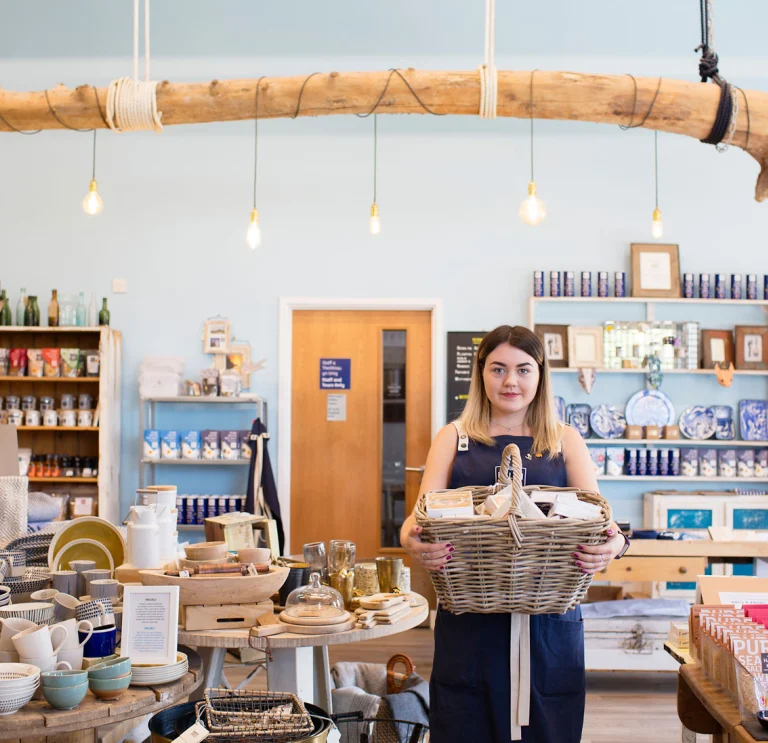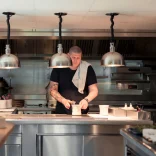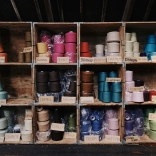What brought you to Wales?
I came to Bangor for university with my then-boyfriend, and now husband, David, 40 years ago. We supplemented our student income by growing oysters and mussels, and that developed into a seafood wholesale business. People used to buy live lobsters from us, and they were interested in just looking at them in tanks, so we made an aquarium which became Anglesey Sea Zoo. We did that very happily for 15 years.
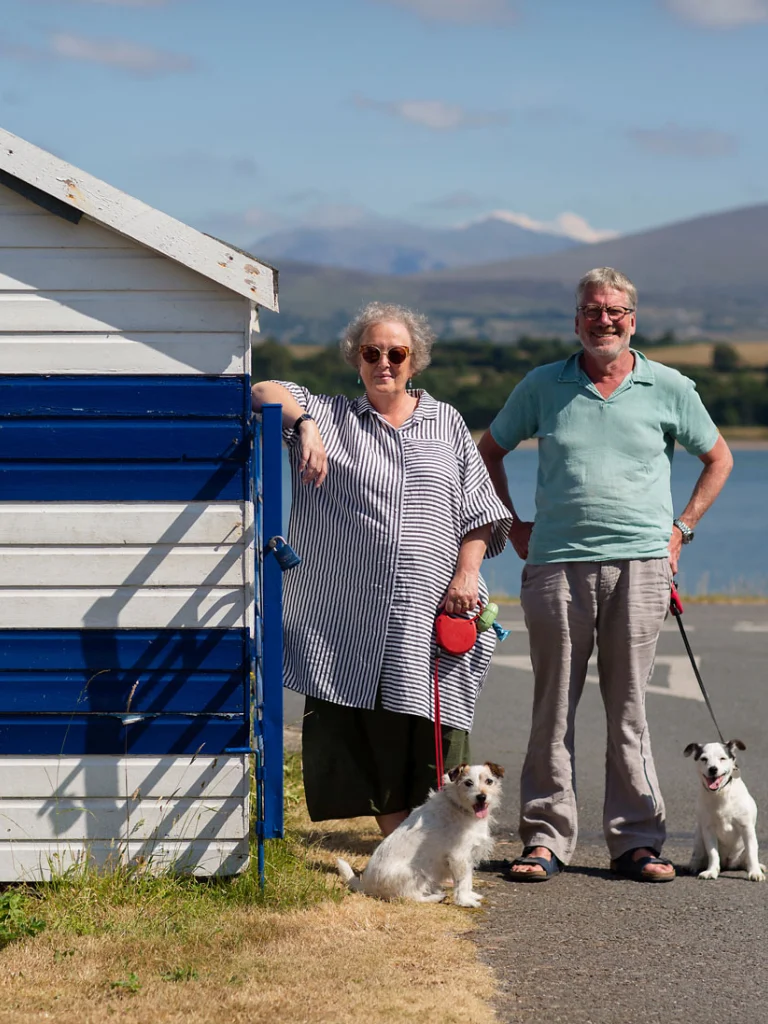
How did the salt-making start?
Tourism is very seasonal. We were doing well in the summer months, but we wanted to employ the staff whom we’d otherwise have to lay off in winter. So we looked for other things to do with the sea water and came up with sea salt. In 2007 we sold the zoo to focus on salt, and in 2015 we built our new sea salt factory and the visitor centre.
Why is the Menai Strait (the channel separating Ynys Môn and North Wales) so good for making salt?
It’s very clean. We knew that the water was very pure because we were breeding seahorses and they’re incredibly picky and fragile. We don’t have any heavy industry or large ships. We also have really powerful tides that come in twice a day, so we always have clean water to draw from. We have a licence to abstract the sea water, for which, uniquely, we have to pay a rent to the King.
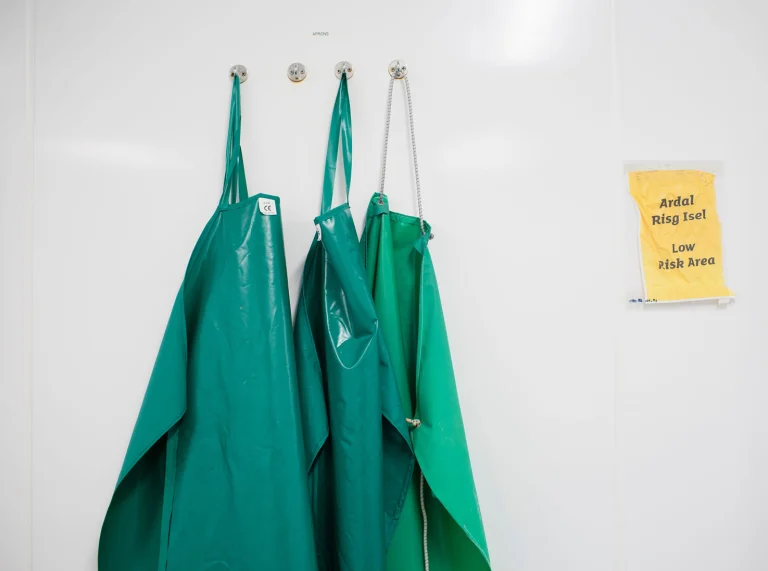
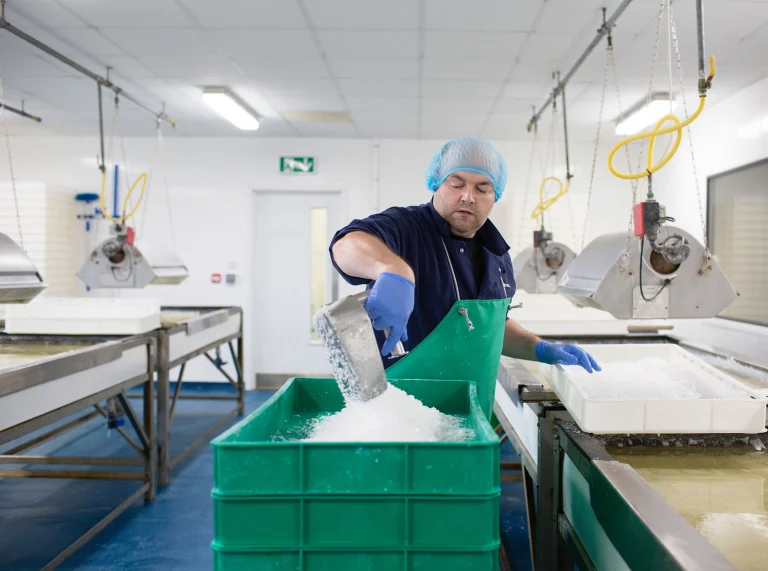
How do you actually turn water into salt?
We pump the water into our plant room and it’s concentrated by heating it in a vacuum. Then we put the brine into crystalliser tanks and more of the freshwater is driven off as steam. When the brine becomes so strong that it can’t hold any more salt, the salt begins to crystallise out. Every morning the salt harvesters come in and scoop the crystals out, rinse them, dry them and pack them, so it’s all hand-made.
Isn’t salt… well, salt?
The taste is very different to any other sort of salt. We rinse ours in brine, taking off the excess calcium, which is what causes the bitter aftertaste you get sometimes in unrinsed salt. It means that Halen Môn has got an almost sweet taste to it. We also put a lot of effort into making sure the flakes maintain their integrity.
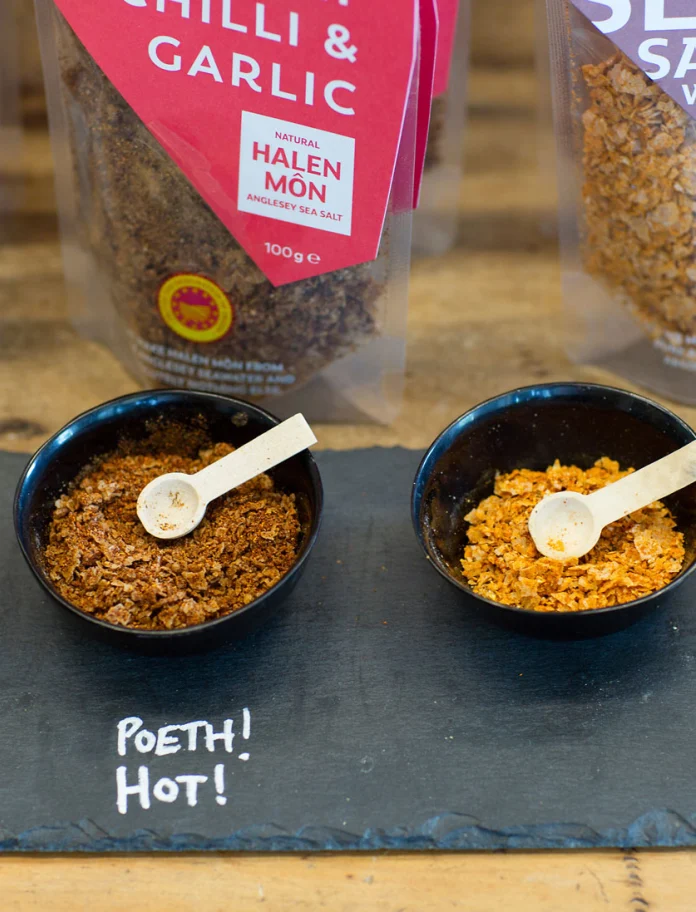
Is it true your salt was on the table at a royal wedding?
Halen Môn has been served at royal weddings, at the London 2012 Olympics, and is used in restaurants run by famous chefs like Heston Blumenthal and Gordon Ramsay. It really does end up in all sorts of things and all sorts of places, from Buddhist temples to Australian supermarkets. It is also used locally of course. Our local butcher in Menai Bridge was our first customer and remains so, which is lovely.
We’ve heard of wine tastings and whisky tastings, but never salt tastings...
It’s something that goes down really well with our guests. People are just fascinated by how much care we put into our products and how salts can differ so much. Alongside our Behind The Scenes tour, we also have our amazing kitchen shop, which stocks our wide range of salts, spreads, ketchups, and smoked products, as well as a lovely selection of ceramics, cookbooks and homeware. We have many other activities for visitors too, including our Wild Seaweed Baths.
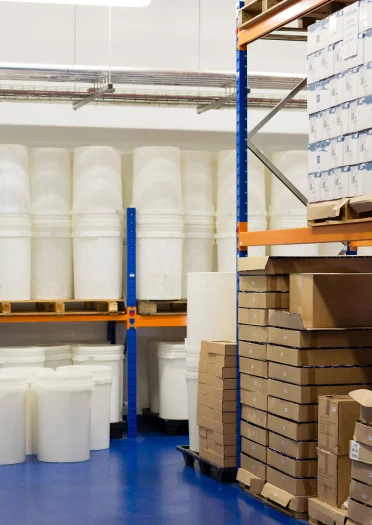
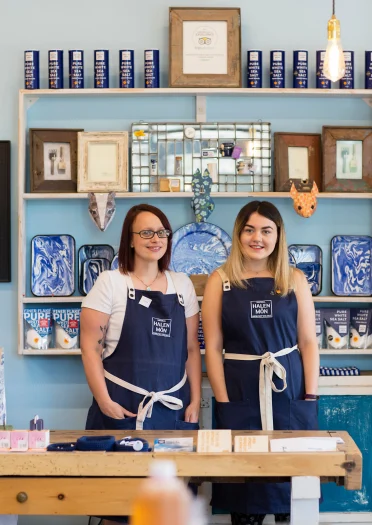
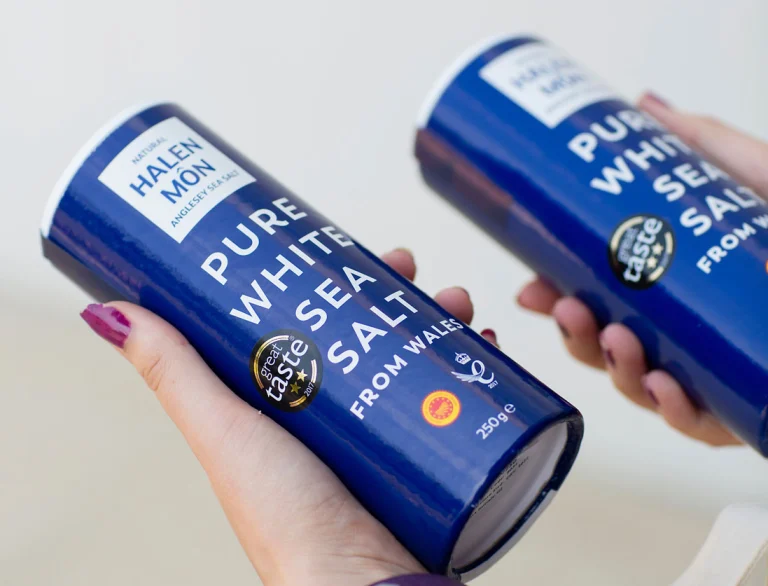
How does it feel to be the first Welsh product with PDO (Protected Designation of Origin) status?
We’re the first British salt PDO, too. It’s really important to us because it’s a mark of quality and authenticity. It shows that there’s no other salt like ours. It’s made by hand in Wales, so it’s part of the Welsh seascape that you’re eating. We believe it is the best salt in the world.
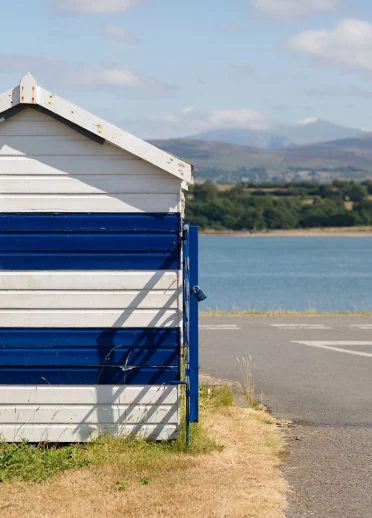
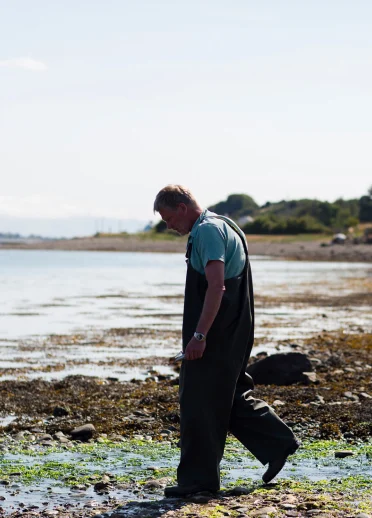
Is sustainability important to you?
Our staff are mainly local and Welsh-speaking and we see ourselves as part of the community. We buy locally wherever we can, to cut down our carbon footprint. We try to waste as little – and recycle as much – as possible. We were given the prestigious Queen’s Award for Enterprise in 2017 in recognition of our efforts around sustainability and that was a real thrill.
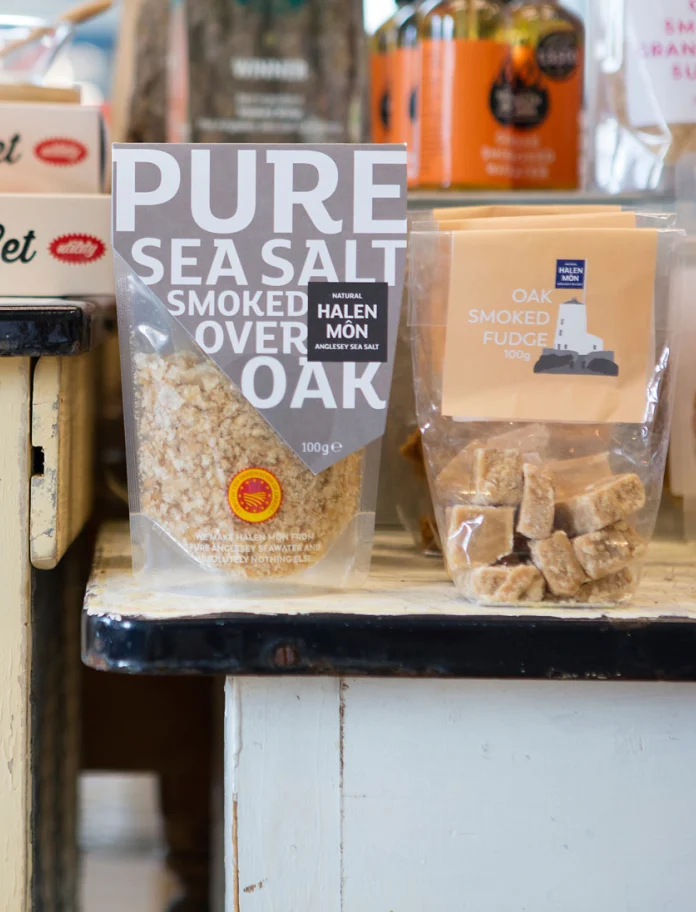
What is Ynys Môn like as a place to live and work?
Ynys Môn is wonderful. David and I have lived here for more than 40 years and we love being part of a thriving local community surrounded by outstanding beaches, incredible wildlife, dramatic coastlines and lush woodlands. Wales as a country is very embracing, very nurturing, and, from a business point of view, we have had a huge amount of support from the Welsh Government.
What is the food scene like on the island?
It’s developed hugely. Honestly, the quality of our local ingredients is second to none, whether it be cheese, mussels, oysters, lamb or our locally-grown vegetables. There are loads of great restaurants too, including a Michelin-starred restaurant in Menai Bridge, Sosban & The Old Butchers. We open our own outdoor café during the summer months, offering a selection of coffees as well as some delicious cakes, all made with a pinch of the famous sea salt that started it all.

